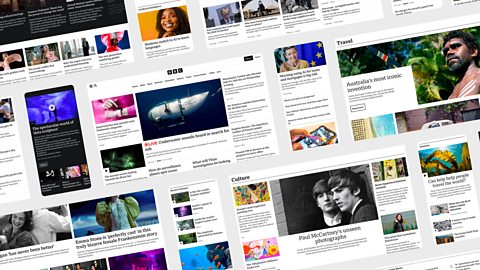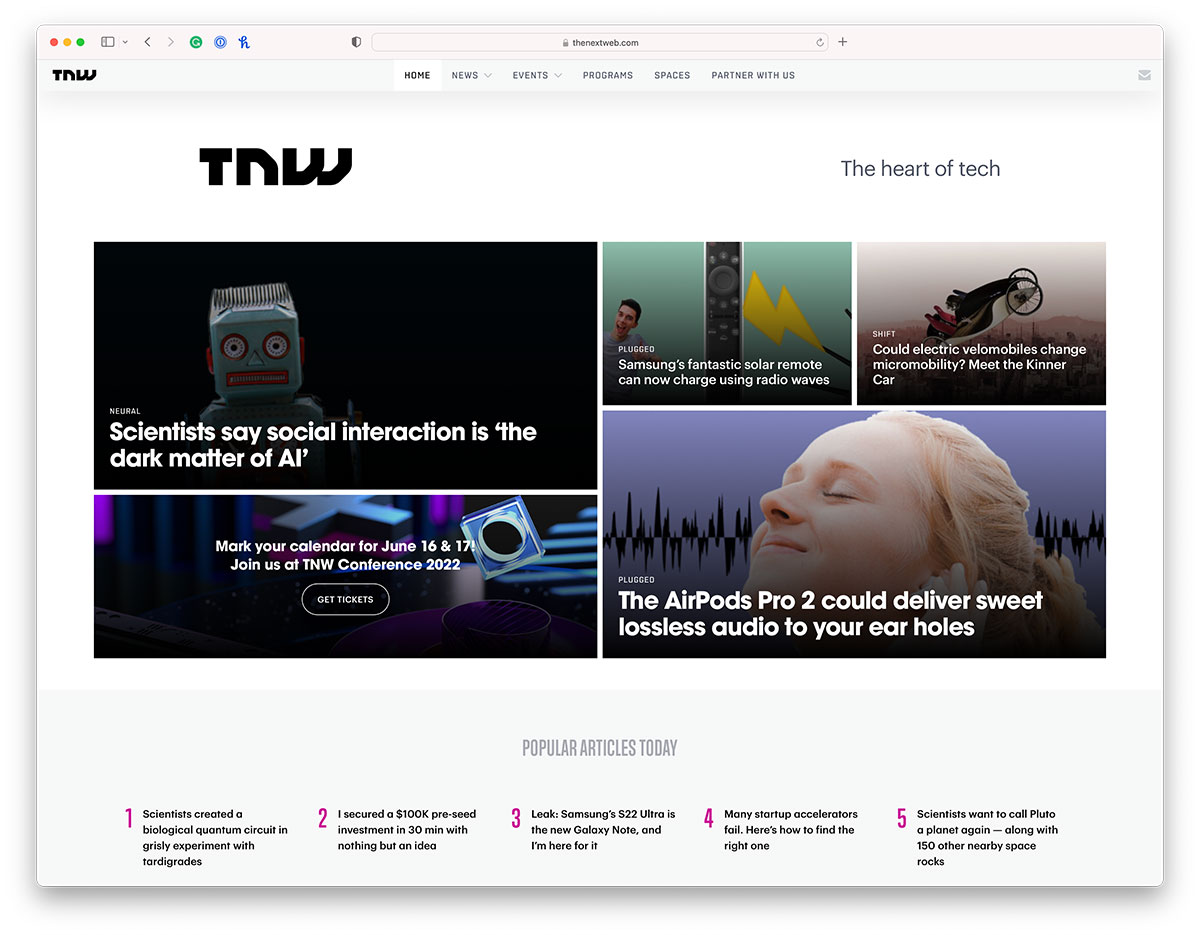Some Known Details About News Websites
Some Known Details About News Websites
Blog Article
Little Known Questions About News Websites.
Table of ContentsMore About News WebsitesThe Definitive Guide to News WebsitesSome Of News WebsitesNews Websites Fundamentals ExplainedThe Buzz on News Websites
It was down in the UK and Brazil however up a few other nations, such as Greece, Bulgaria, and Poland (News Websites). This year, for the initial time, we asked regarding the various manner ins which individuals prevent the information and discovered that around half of avoiders (53%) were trying to do so in a broad-brush or periodic method for example, by turning off the radio when the information came on, or by scrolling past the news in social mediaYou stated that you attempt to actively stay clear of information.

I'm probably picking to find out more light-hearted stories than I made use of to presently. M, 51, UK Turning my back on news is the only means I feel I can deal sometimes. I need to knowingly make the initiative to turn away for the benefit of my own mental health.
Little Known Facts About News Websites.
Selective evasion of Ukraine information was greatest in much of the countries closest to the dispute, enhancing findings from our additional survey in 2014, not long after the battle had begun. Our information may not recommend an absence of passion in Ukraine from close-by nations yet instead a desire to take care of time or safeguard psychological wellness from the really genuine horrors of battle.
Contrasting Finland with a politically polarised country such as the USA (see following graph) that is less impacted by the war, we find a very different pattern of topic evasion. In the USA, we discover that consumers are more most likely to avoid subjects such as national politics and social justice, where disputes over problems such as sex, sexuality, and race have become highly politicised.
American politics are quite toxic nowadays. I find occasionally that I have to detach from stories that just make me angry. F, 61, USA For some people, bitter and disruptive political disputes are a factor to shut off news entirely, however, for some political upholders, avoidance is frequently concerning obstructing out viewpoints you don't desire to listen to.

The Only Guide for News Websites
Some are seeking to make news extra obtainable for hard-to-reach teams, expanding the news schedule, commissioning even more inspiring or positive news, or embracing useful or options journalism that provide people a sense of hope or individual company. In our study this year, we asked respondents concerning their rate of interest in these various approaches.
This describes why tales like Ukraine or nationwide politics do well with information regulars yet can at the same time turn much less interested individuals away (News Websites). Careful avoiders are less thinking about all sorts of news than non-avoiders yet in loved one terms they do appear to be much more thinking about positive or solutions-based news

Fascination About News Websites
2023). This might be real in the minute, but with time it seems to be leaving lots of people empty and much less pleased, which may be threatening our connection with and depend on in the news. Throughout markets, total count on in information (40%) and count on the resources people utilize themselves (46%) are down by an additionally 2 percentage factors this year.
Indeed, via the rear-view mirror, the COVID-19 check this site out trust bump is clearly visible in the complying with graph, though the direction of traveling afterwards has been mixed. Sometimes (e.g. Finland), the depend on rise has been preserved, while in others the upturn looks even more like a spot in a tale of ongoing lasting decline.
A few of the highest possible reported degrees of media objection are located in countries with highest possible levels of question, such as Greece, the Philippines, the USA, France, and the UK. The cheapest levels of media objection frequent those with higher levels of depend on, such as Finland, Norway, Denmark, and Japan.
Not known Details About News Websites
This year we asked respondents regarding their choices for message, sound and video when taking in news online. Typically, we find that the majority still choose to check out the news (57%), as opposed to watch (30%) or pay attention to it (13%), yet more youthful people (under-35s) are a lot more most likely to listen (17%) than older groups.
Behind the standards we discover considerable and unexpected country distinctions. In markets with a solid analysis custom, such as Finland and the UK, around eight in 10 still like to review online information, but in India and Thailand, around 4 in 10 (40%) say they like to see news online, and in the Philippines that percentage mores than half (52%).
Report this page